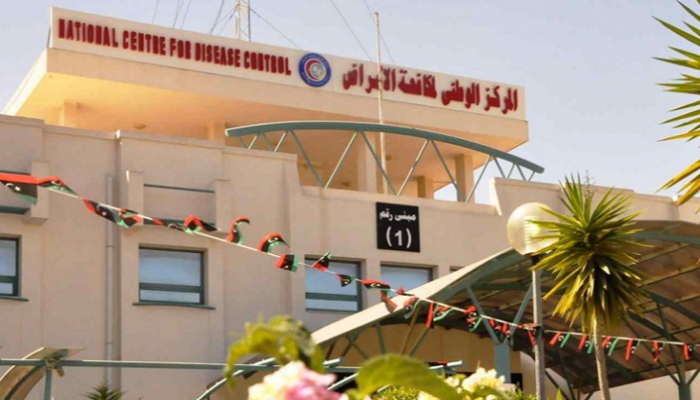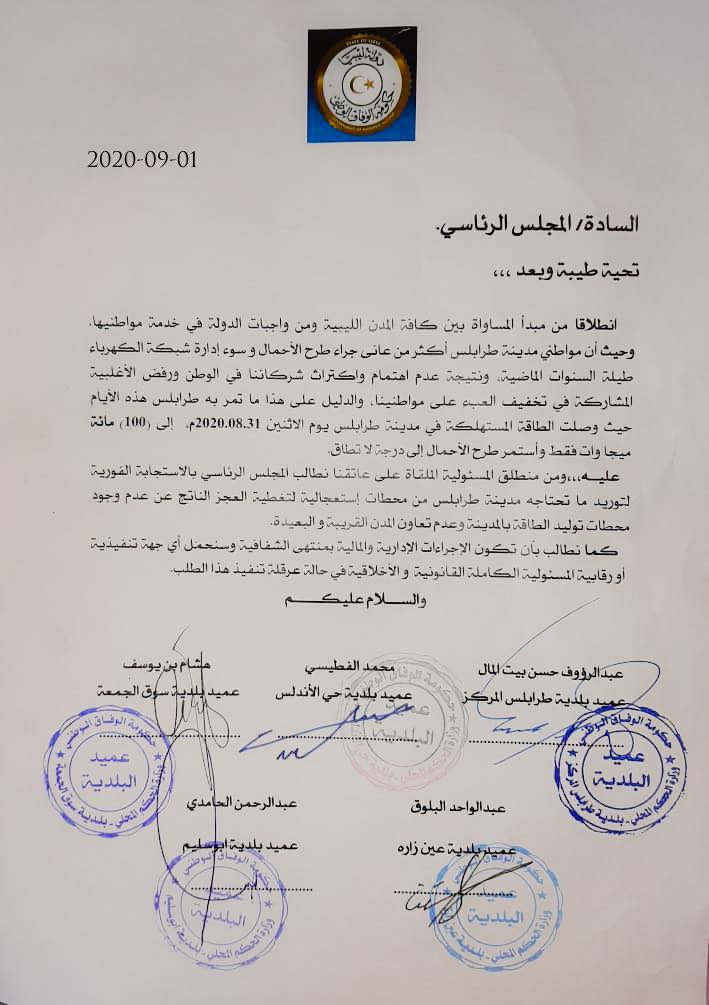Along the border between Tunisia and Libya, informal trade agreements led to a tight-knit border economy. But political changes in both Libya and Tunisia have fundamentally altered the economic and security landscape, Carnegie Middle East Center stated on Thursday in a report.
Accordinf to Carnegie Middle East Center, the 2010–2011 uprisings disrupted a long-standing informal arrangement governing border trade between Tunisia and Libya.
Over the following decade, as Libya disintegrated into mutually hostile fiefdoms, Tunisia maintained its unity, transitioned from authoritarian to democratic rule, and increasingly shunned official dealings with competing Libyan power centers.
As such, grassroots cross-border agreements initiated by and between nonstate actors became the norm, albeit with the acquiescence of the Tunisian state. Yet these agreements have failed to constitute a sustainable mechanism for the trade that Tunisia’s eastern borderlands need for survival.
Since 2014, Tunisia’s eastern borderlands have faced three major challenges: fragmentation of the security landscape in western Libya, a frequent interruption of cross-border oil supply caused by Libya’s economic hardships, and Tunis’s heavy-handed approach to border security.
Together, these three phenomena have seriously disrupted the region’s economy, which was largely dependent on cross-border trade and smuggling, leading to sporadic social unrest.
“The fall of oil prices since 2014 caused a further decline in state revenues, a sharp decrease in foreign exchange reserves, and a monetary crisis.” The centre added.
At times, decisions by the Tripoli-based GNA, which Tunis recognizes as the legitimate government of Libya, have exacerbated borderland Tunisians’ woes.
In 2017 the GNA approved the establishment of a security force by Libya’s National Oil Corporation to combat the smuggling of gasoline across the border. (Zuwara, which enjoys a steady stream of revenue thanks to seaborne smuggling of gasoline to Malta and Italy, did not object to the development.)
The force had some success, which created a gasoline shortage throughout the southeastern Tunisian borderlands.23 In June 2018, having reached the end of their tether, Tunisian merchants and smugglers staged a series of mass protests against trade disruptions like the deterioration of the security situation on the Libyan side, which caused frequent racketeering and seizure of goods; mistreatment at the hands of armed groups; the decisions of the GNA; and Tunisian authorities’ neglect of the borderlands.
In Ben Guerdane, protesters damaged vehicles with Libyan license plates and blocked the road to the Ras Jedir crossing, which the Tunisian authorities subsequently closed. It took several days to restore order, but even then the problem was not resolved. One smuggler on the Tunisian side explained it in the following manner: “Gasoline from Libya can cost 40 DT [Tunisian dinar], the same price as at a gas station. So we can’t work. For us there is simply no market.”
The Center also said that the coronavirus pandemic and the escalation of the conflict in Libya have paralyzed the economy of southeast Tunisia. Predictably, the Tunisian government’s decision to seal the border with Libya entailed closing Ras Jedir. In Ben Guerdane and beyond, thousands of cross-border traders, small retailers, shopkeepers, informal fuel vendors, and currency exchange dealers were forced to suspend their activities. Meanwhile, hundreds of Libya-based Tunisian workers attempting to return to Tunisia found themselves stuck at Ras Jedir.







